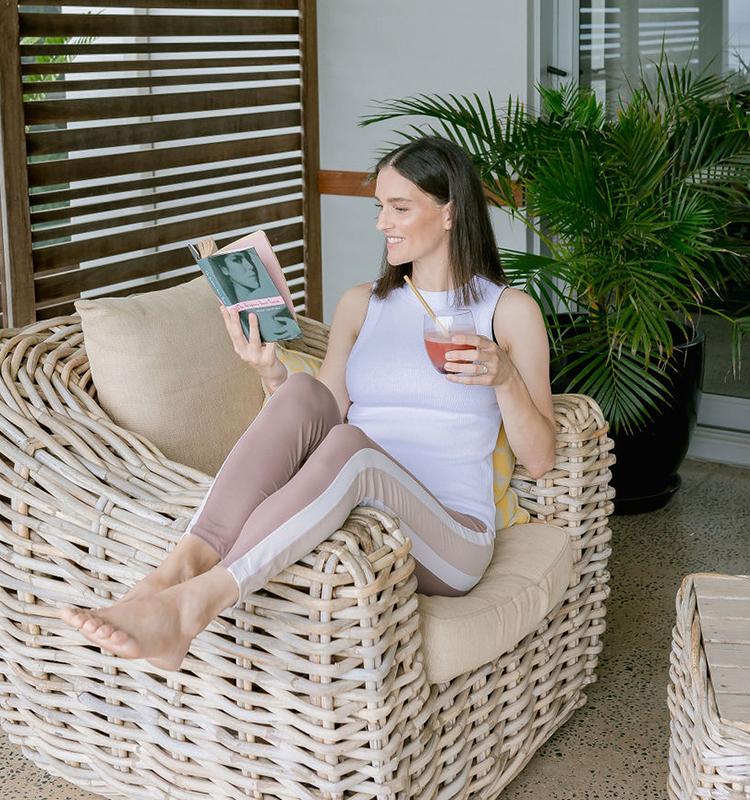Some diet and lifestyle practices common to the Blue Zones diet have been gaining traction as a powerful way to promote longevity. Here's an exploration into why people in certain areas of the world are living longer than those from other areas.
What is the Blue Zones diet?
First things first, it's not technically a diet. It's a lifestyle based on a book called The Blue Zones, by author and National Geographic Fellow, Dan Buettner. Together with his colleagues, Buettner identified five regions of the world where people were living the longest (past 90), due mostly to their healthy lifestyle choices. There was only a 25% genetic influence on health, with the bulk of the influence being from healthy daily habits. These regions include Ikaria, Okinawa, Sardinia, Loma Linda, and the Nicoya Peninsula.
Healthy practices in Blue Zones
The main commonality people in the Blue Zones share is that they follow plant-based diets. They're not necessarily vegetarian, but on average they eat less than 600g of meat per month.
Plant-based diets:
- Are high in fibre - which protects the body from chronic illness, lowers body weight and improves healthy gut bacteria.
- Provide plant proteins - these are lower in saturated fat and cholesterol than animal proteins.
- Promote healthy body weight - which puts the body at least risk of obesity, a precursor for disease.
The resulting benefits of enjoying a plant-based diet are thought to be the main reason behind the longevity of those in the Blue Zones.
Now for some excellent news if you enjoy red wine. Adults in the Blue Zones usually have 1-2 glasses of red wine per day. Red wine is rich in an antioxidant called polyphenols, which is thought to be the reason behind the health benefits of this daily practice. Note: in these instances, red wine is always enjoyed with food and often drunk with family or friends. Also, it is mentioned that if you don't drink alcohol, it won't necessarily benefit you to start.
Other factors for longevity
It doesn't all come down to nutrition, though. People in the Blue Zones also stay healthy from supporting lifestyle factors like a sense of community, spirituality, managing stress and reaching for a sense of purpose. Individuals also eat each meal mindfully, ending when they are 80% full, and opting for smaller meals at night.


